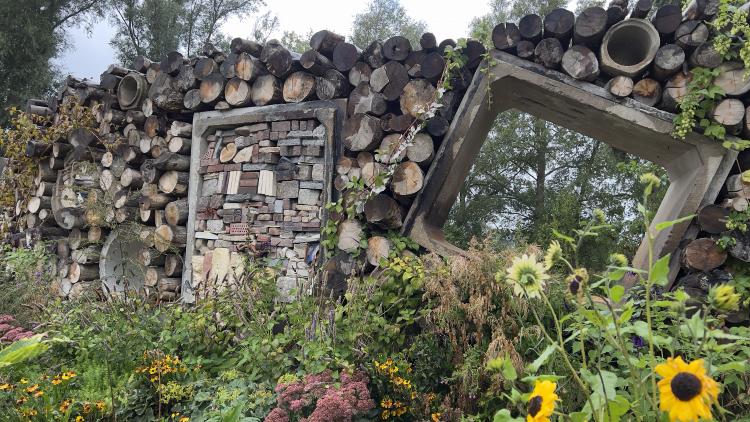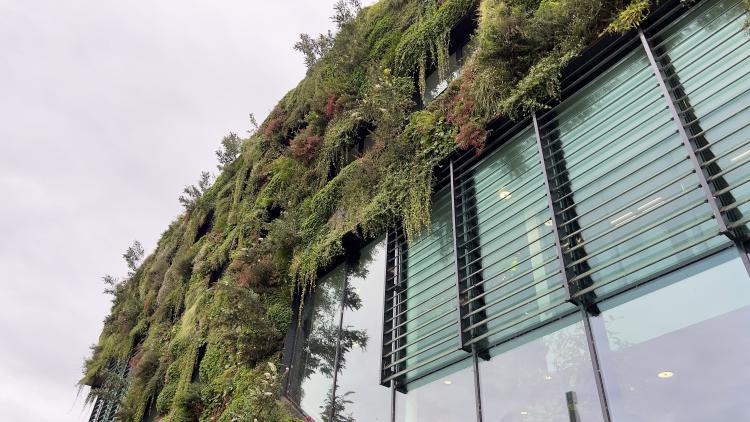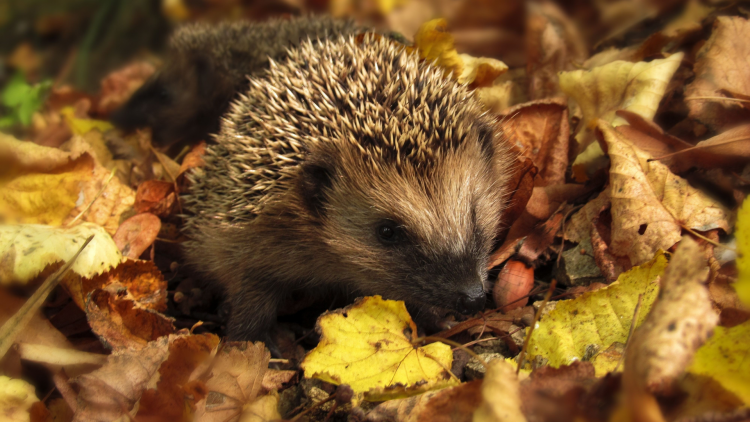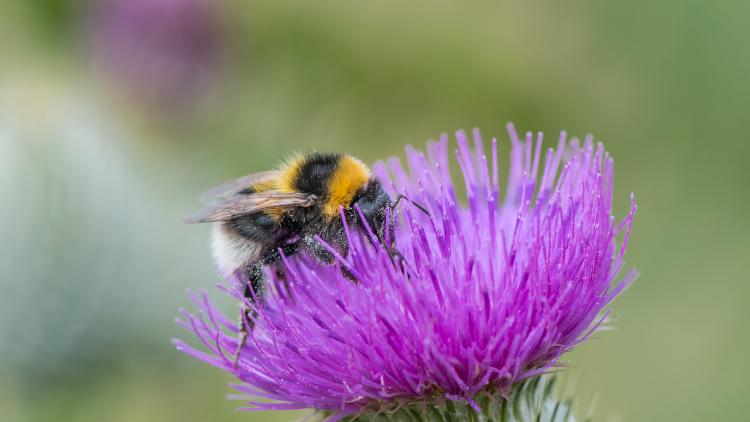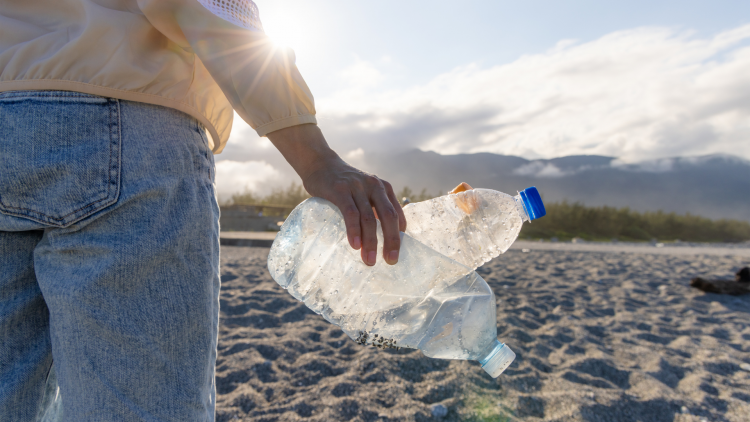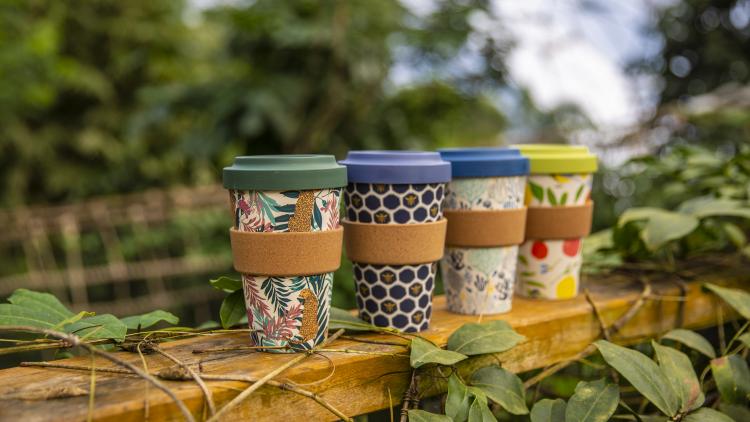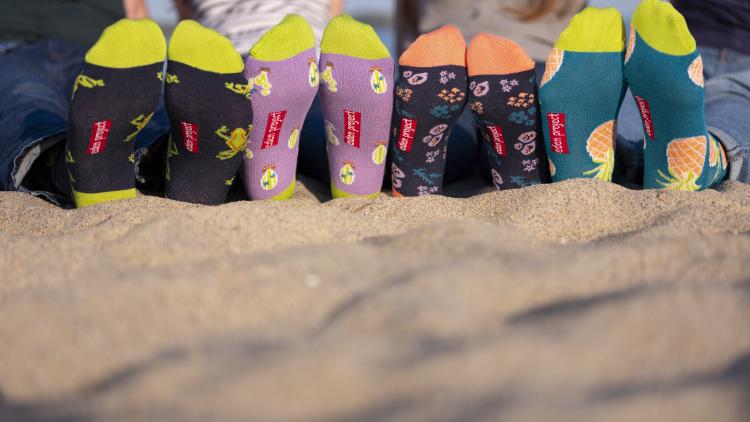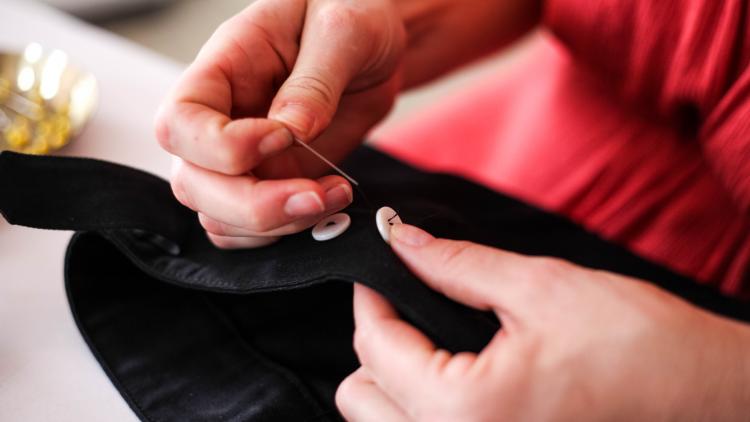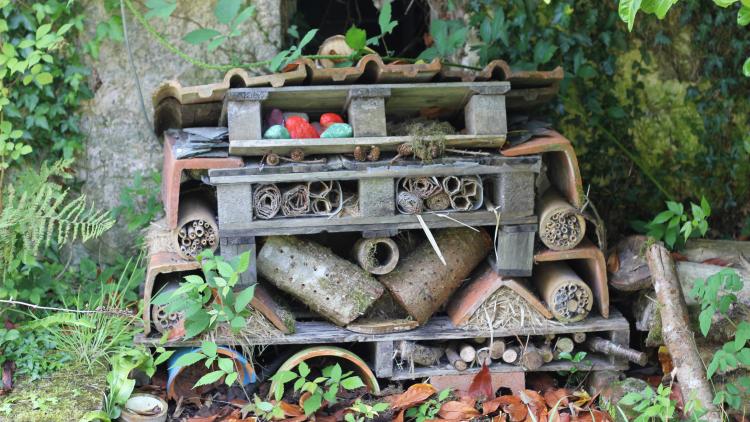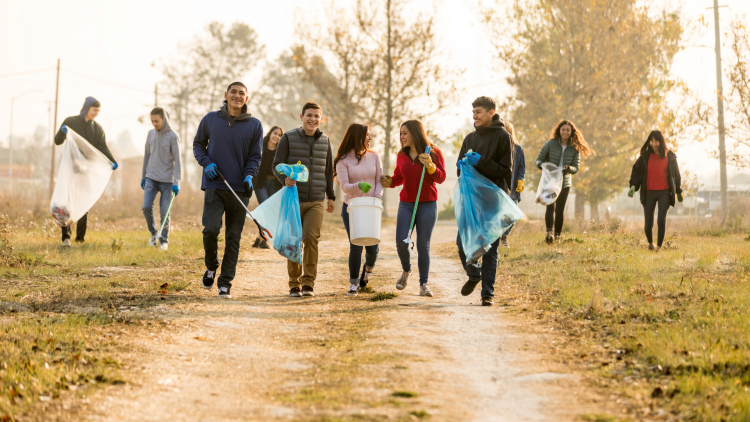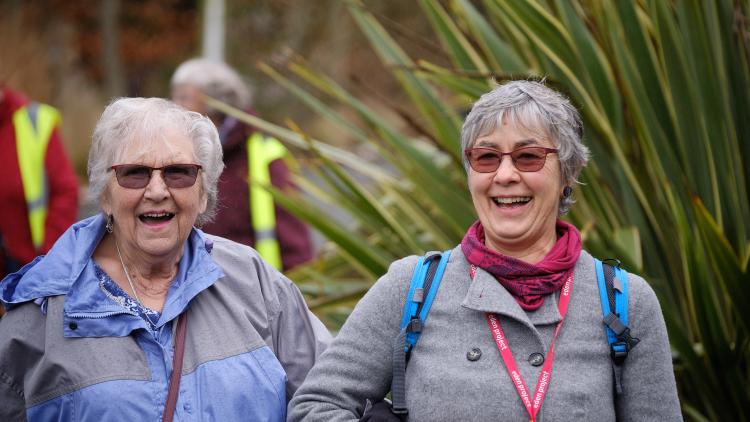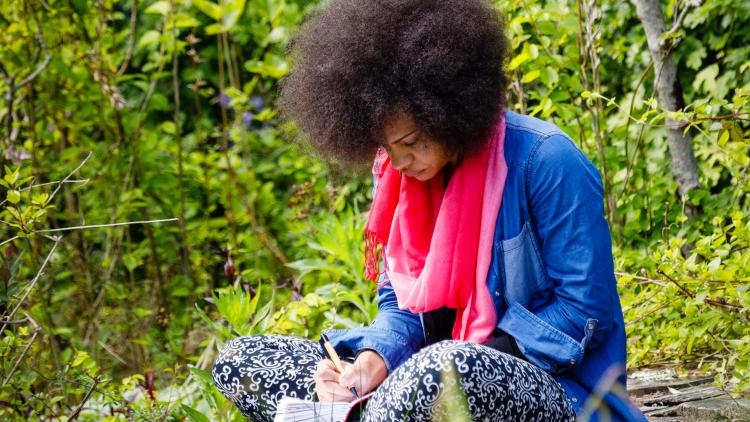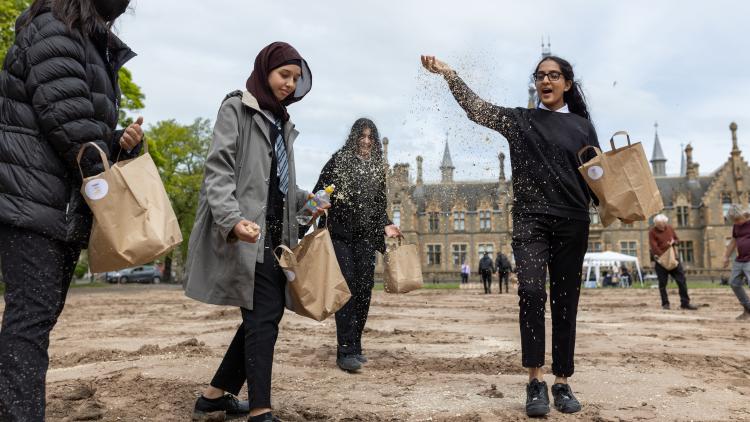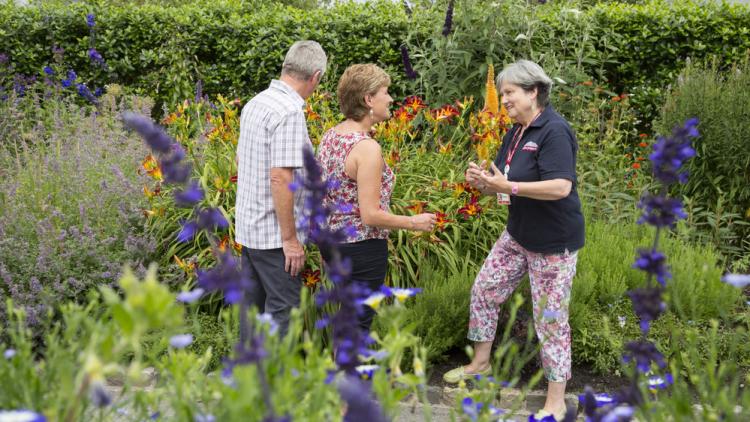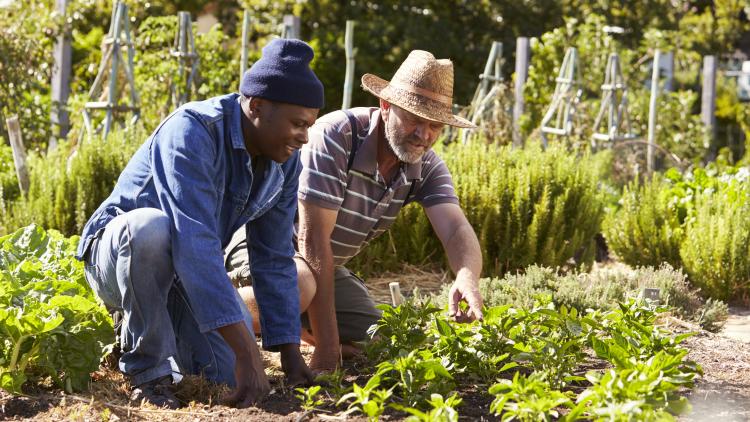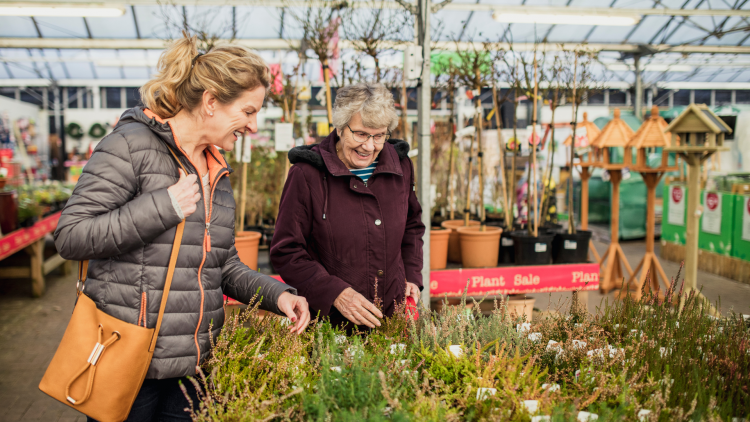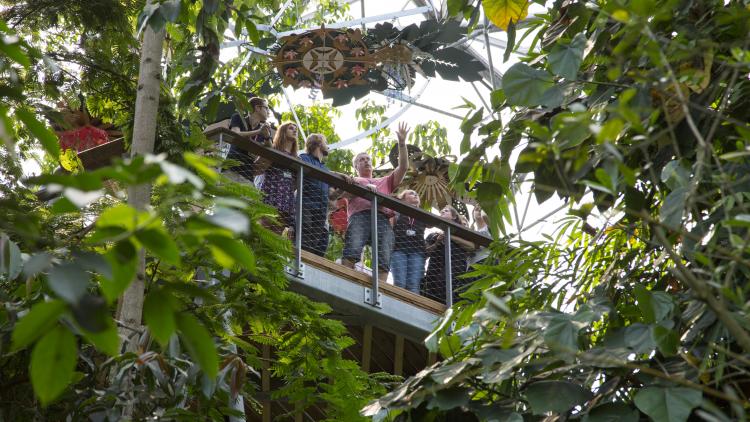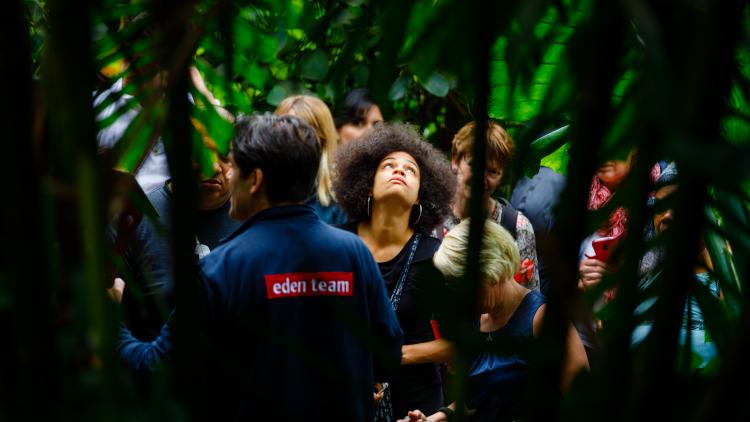We’re transforming our operating systems to eradicate emissions and waste, minimise our negative impact and increase our positive impact on nature.
Eden Project Cornwall is over two decades old, so we're retrofitting old site systems and installing clean technologies, replacing gas boilers and cooking systems, installing more solar PV and electric chargers, implementing circular systems for water and waste, and increasing energy efficiency (the best kWh is the one that isn’t used). In 2018, we phased out all plastic bottles; now we encourage visitors to bring reusable bottles and offer drinking water taps on site.
We have developed a sustainable procurement policy and a supplier charter for our supply chains that will encourage others to adopt their own sustainable pathways that align with ours. We support fair trade schemes, avoid products linked to deforestation or the clearing of natural habitats, and condemn compulsory or forced labour.
All future building work, including new Eden Projects, will set leading examples of ultra-sustainable construction and operation. We are aiming for net zero-carbon, regenerative design, and reusable, recyclable and sustainable material use that aligns with the UN sustainable development goals.

